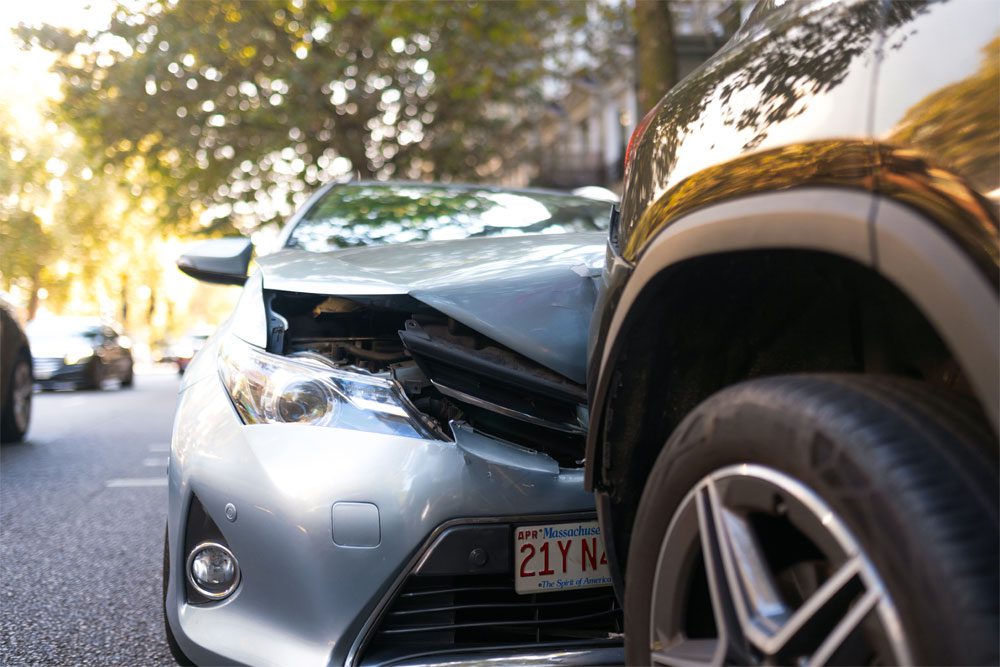
What Drivers Need to Know About Massachusetts’s New Compulsory Auto Insurance Limits
- What are the recent changes to Massachusetts’s auto insurance limits?
- What types of vehicles are subject to the state’s new coverage requirements?
- When do these auto insurance limits take effect?
- Why is Massachusetts increasing its minimum coverage requirements?
- How will these updates affect premiums?
- Bodily Injury to Others
- Bodily Injury Caused by Uninsured Auto
- Damage to Someone Else’s Property
- Uninsured/Underinsured Motorists
- Personal Injury Protection (PIP)
What you might not be aware of is how long it’s been since Massachusetts has adjusted the car insurance minimum requirements for these coverage areas. The last time these limits were modified was nearly 40 years ago! So, it might not surprise you to learn these limits have become outdated. Not only are they notably lower than those mandated in many other states, but they have not kept up with inflation and the soaring costs related to buying a new vehicle, getting medical care, and having a car repaired.
Thus, it is really big news that our Bay State has recently passed Act H.5111, legislation that increases two long-standing car insurance minimum requirements—the bodily injury coverage limits and the property damage coverage limits.
We know our clients and community probably have many questions about the new law, including how and why the limits have changed, when the law takes effect, and how the updated requirements may impact them. The Gilbert team is happy to provide answers to these questions and more.
Our team can answer any further questions you have about the new state minimum car insurance limits and provide guidance on selecting the appropriate car insurance amounts and optional car insurance coverages that will help protect your personal and business vehicles and the people driving them.
